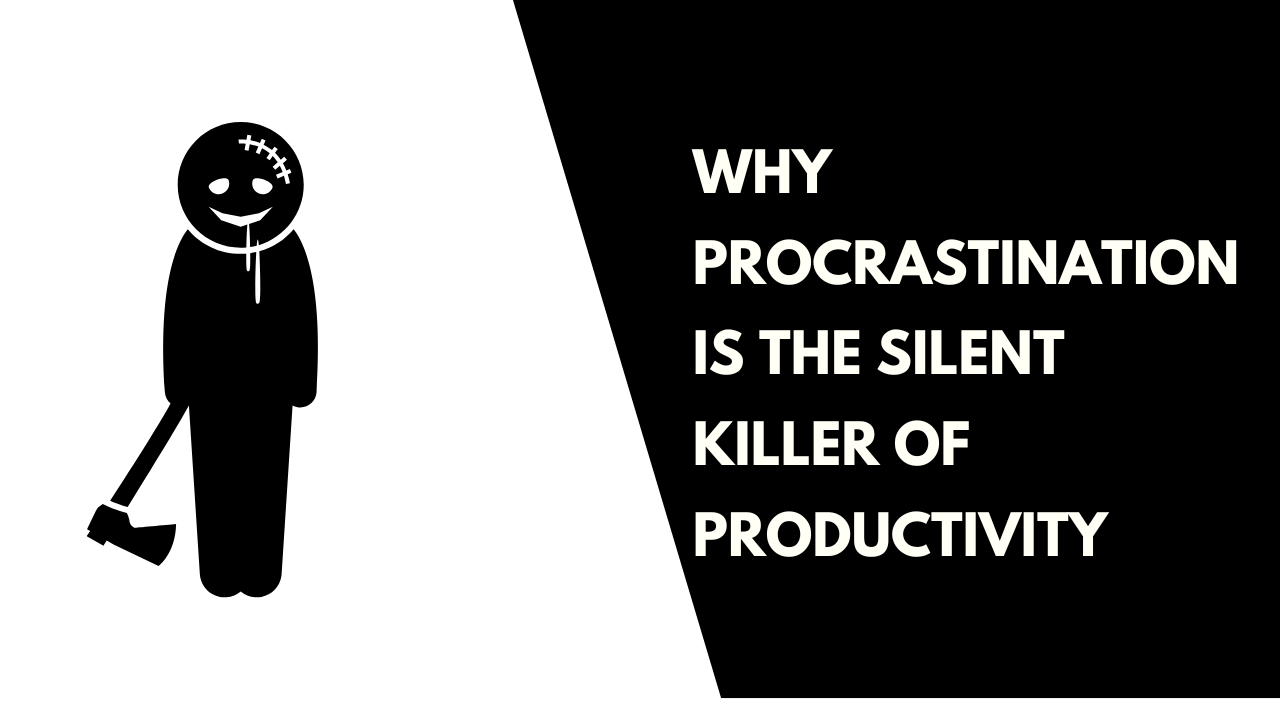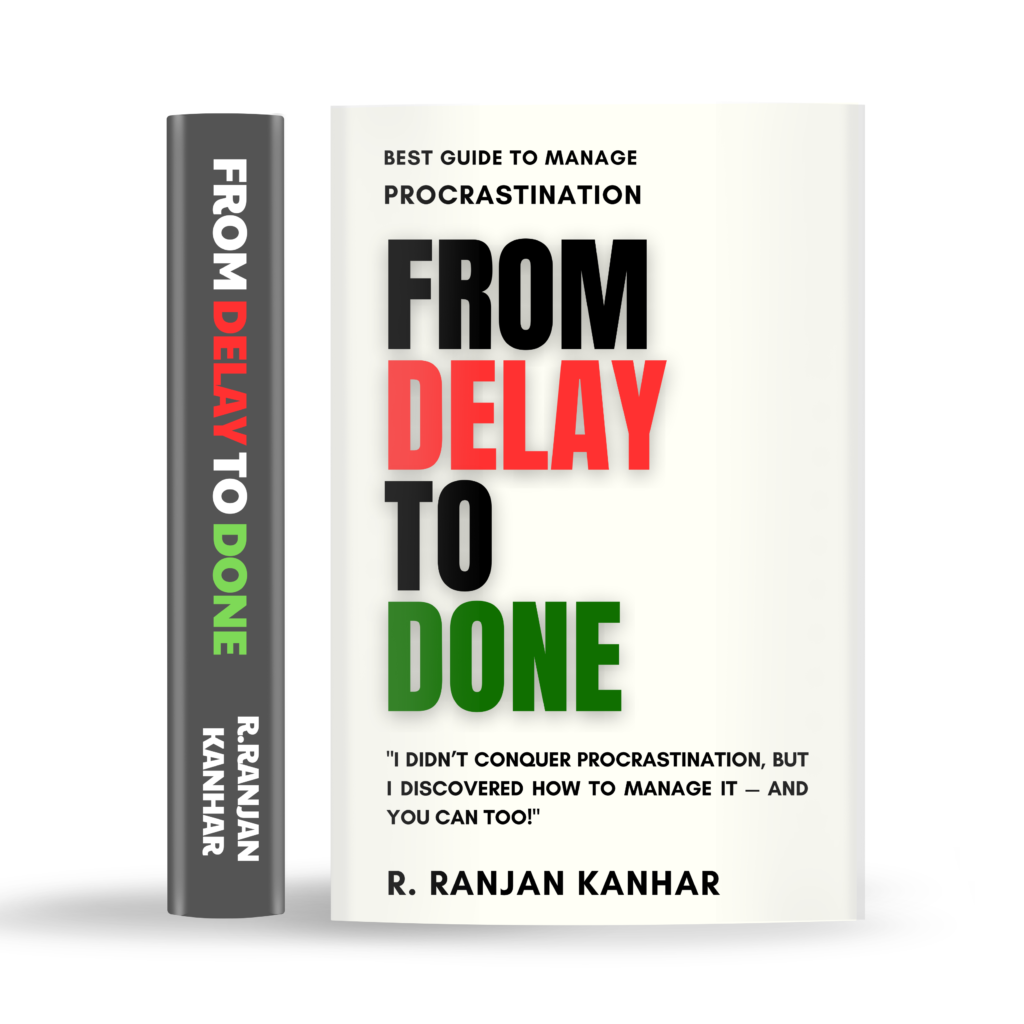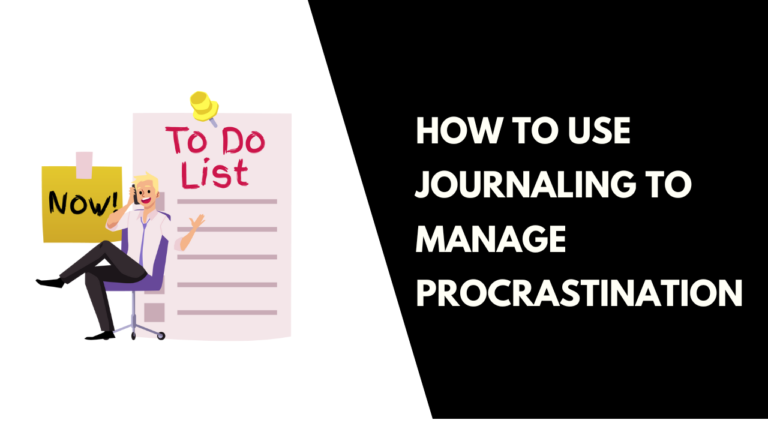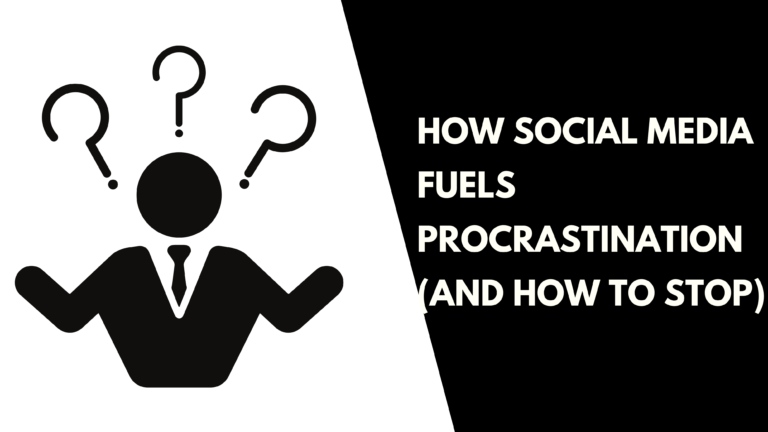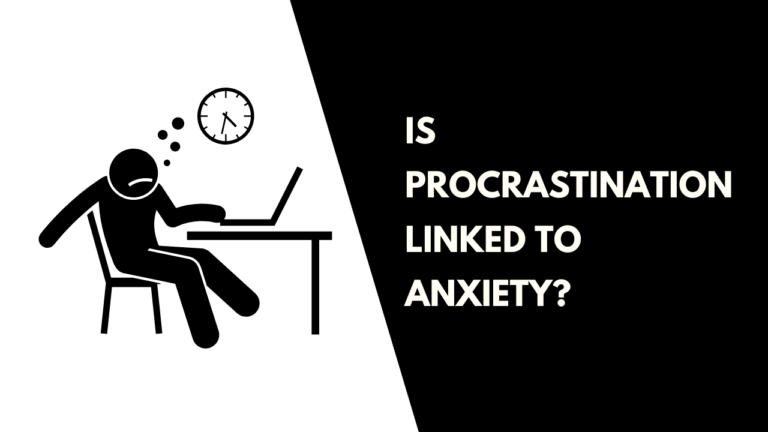Why Procrastination is the Silent Killer of Productivity
Why Procrastination is the Silent Killer of Productivity
Introduction:
Have you ever sat down to work, only to find yourself scrolling through social media, reorganizing your desk, or diving into a Netflix binge? That, my friend, is the insidious force of procrastination at play. Procrastination is the silent killer of productivity—it sneaks into your day, robs you of valuable time, and leaves you scrambling to meet deadlines or, worse, abandoning your goals altogether.
Table of Contents
ToggleBut why does procrastination hold such power over us, and how can we break free? Let’s dive into this common challenge, uncover its root causes, and explore practical strategies to reclaim our productivity.
What Makes Procrastination the Silent Killer of Productivity?
At first glance, procrastination seems harmless—a temporary delay to do something “more fun” or “less stressful.” But beneath this facade lies a deeper problem. Procrastination is not just about poor time management; it’s often rooted in fear, perfectionism, and even self-doubt.
Example: The Office Deadline That Spirals Out of Control
Consider Rohan, a corporate employee with a report due in a week. Instead of starting right away, he spends his time organizing files and helping colleagues with tasks unrelated to his report. As the deadline nears, Rohan panics and delivers subpar work due to lack of preparation. His procrastination not only affected his productivity but also dented his confidence and reputation.
This scenario is a common manifestation of procrastination. While Rohan may have been “busy,” he wasn’t productive. His avoidance of the task at hand was driven by anxiety about the report being “perfect.”
The Ripple Effect of Procrastination
Procrastination doesn’t just delay tasks—it creates a domino effect that hampers your overall productivity and well-being.
Increased Stress: When tasks pile up, the mental weight of unfinished work causes anxiety, making it harder to focus and complete tasks efficiently.
Real-Life Example: Students often procrastinate on studying until the night before an exam. The stress of cramming negatively impacts their ability to retain information and perform well.
Missed Opportunities:
By delaying tasks, you risk missing deadlines, career advancements, or personal milestones.Insight: Entrepreneurs who delay launching their projects often lose market opportunities to competitors who act swiftly.
Reduced Quality of Work:
Last-minute efforts rarely result in high-quality outcomes. When you rush, you compromise attention to detail and creativity.Erosion of Self-Confidence:
Constantly procrastinating can make you feel incapable, creating a vicious cycle of self-doubt and further delays.
Why Do We Procrastinate?
Understanding why procrastination happens is key to overcoming it. Here are some common psychological triggers:
1. Fear of Failure
We procrastinate when we’re scared of not meeting expectations. It’s easier to delay than to face the possibility of failing.
2. Perfectionism
Perfectionists often put off tasks because they’re afraid their work won’t meet their high standards. Ironically, this leads to rushed, imperfect results.
3. Overwhelmed by the Task
When a task feels too big, it’s tempting to avoid it altogether. Breaking it into smaller steps can help.
4. Instant Gratification Bias
The allure of immediate rewards (like checking social media) often outweighs long-term goals.
Example: Imagine you’re planning to exercise but decide to watch a YouTube video first. One video turns into five, and before you know it, you’ve run out of time to work out.
How to Overcome Procrastination
Procrastination may be the silent killer of productivity, but it’s not unbeatable. Here are practical strategies to tackle it:
1. Adopt the Two-Minute Rule
If a task takes less than two minutes to complete, do it immediately. This reduces the buildup of minor tasks that can overwhelm you later.
2. Break Tasks into Manageable Chunks
Large tasks can be intimidating. Divide them into smaller, actionable steps. Completing these steps builds momentum.
Example: Writing a book may seem daunting, but drafting one chapter at a time makes the goal achievable.
3. Set SMART Goals
Ensure your goals are Specific, Measurable, Achievable, Relevant, and Time-bound. Clear objectives reduce ambiguity and procrastination.
4. Use Time-Blocking
Schedule dedicated blocks of time for focused work. Tools like Google Calendar or simple to-do lists can help you stick to your plan.
Pro Tip: Allocate short breaks between work sessions to avoid burnout.
5. Identify Your “Why”
Understanding the purpose behind a task can reignite motivation. Ask yourself: Why is this task important? What will completing it achieve?
6. Limit Distractions
Create a distraction-free environment by turning off notifications, decluttering your workspace, or using focus apps like Forest or Focus@Will.
Building Long-Term Habits to Avoid Procrastination
Beating procrastination isn’t a one-time effort; it requires consistent habit-building.
1. Practice Self-Compassion
Don’t beat yourself up for procrastinating. Acknowledge it, learn from it, and move forward.
2. Establish a Routine
Set a daily schedule to cultivate discipline. The more structured your day, the less likely you’ll drift into procrastination.
3. Reward Yourself
Celebrate small wins to keep your motivation high. For example, treat yourself to your favorite coffee after completing a challenging task.
4. Seek Accountability
Share your goals with a friend, mentor, or coach. Knowing someone is tracking your progress can motivate you to stay on track.
The Path Forward: Choosing Action Over Delay
Procrastination is the silent killer of productivity, but it doesn’t have to define your life. By understanding its causes and implementing practical strategies, you can transform your habits and achieve your goals. Remember, the key is to take small, consistent steps toward action—because progress, no matter how slow, is still progress.
So, what task have you been putting off? Take the first step today. After all, the best way to beat procrastination is to start.
“Stop postponing your dreams! From Delay to Done is your ultimate guide to conquering procrastination. Grab your copy today on Amazon!
